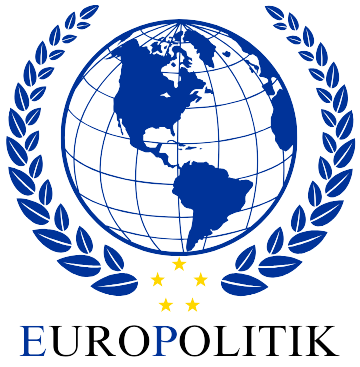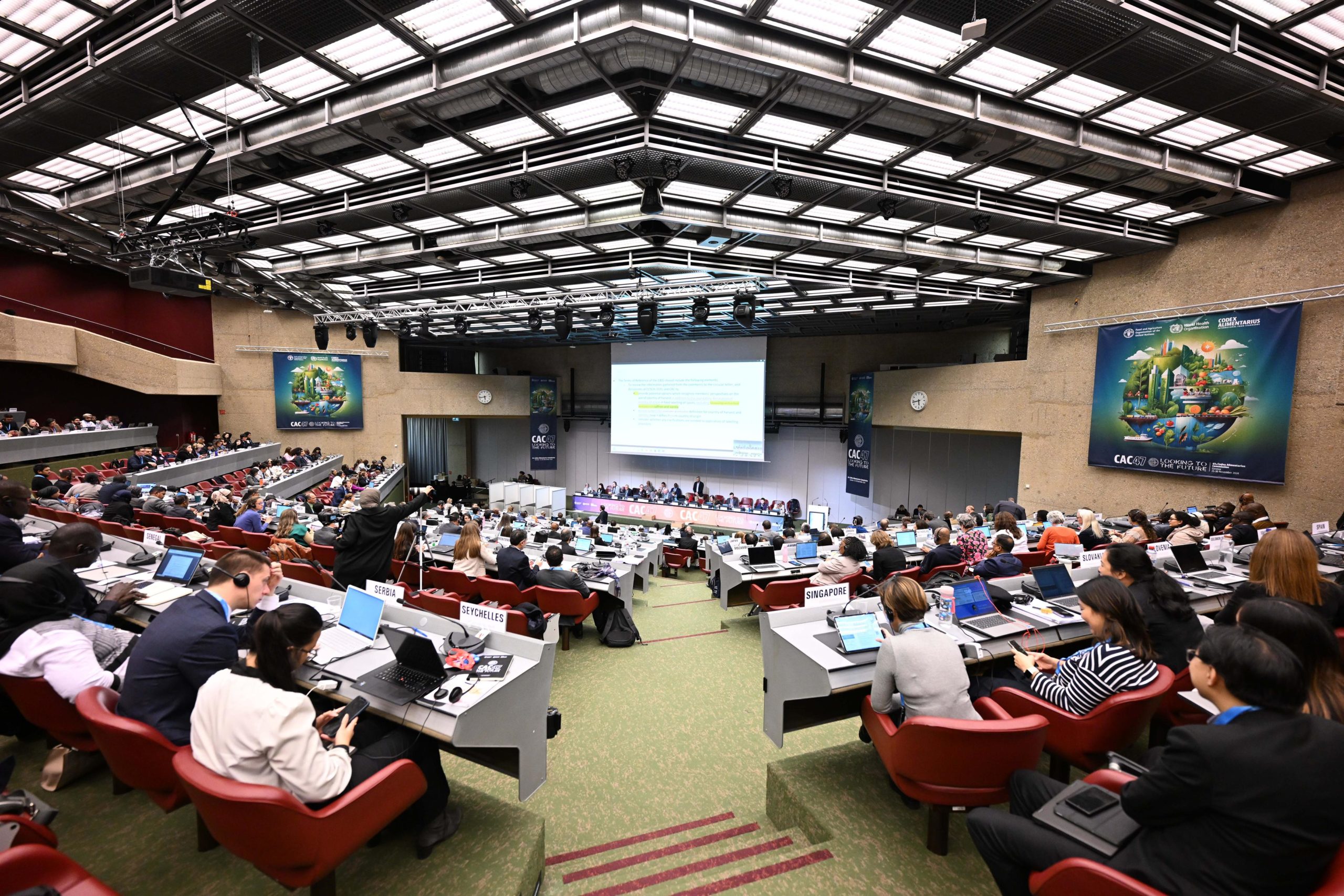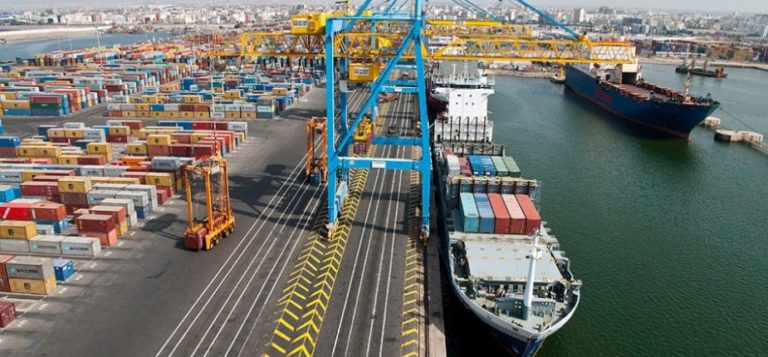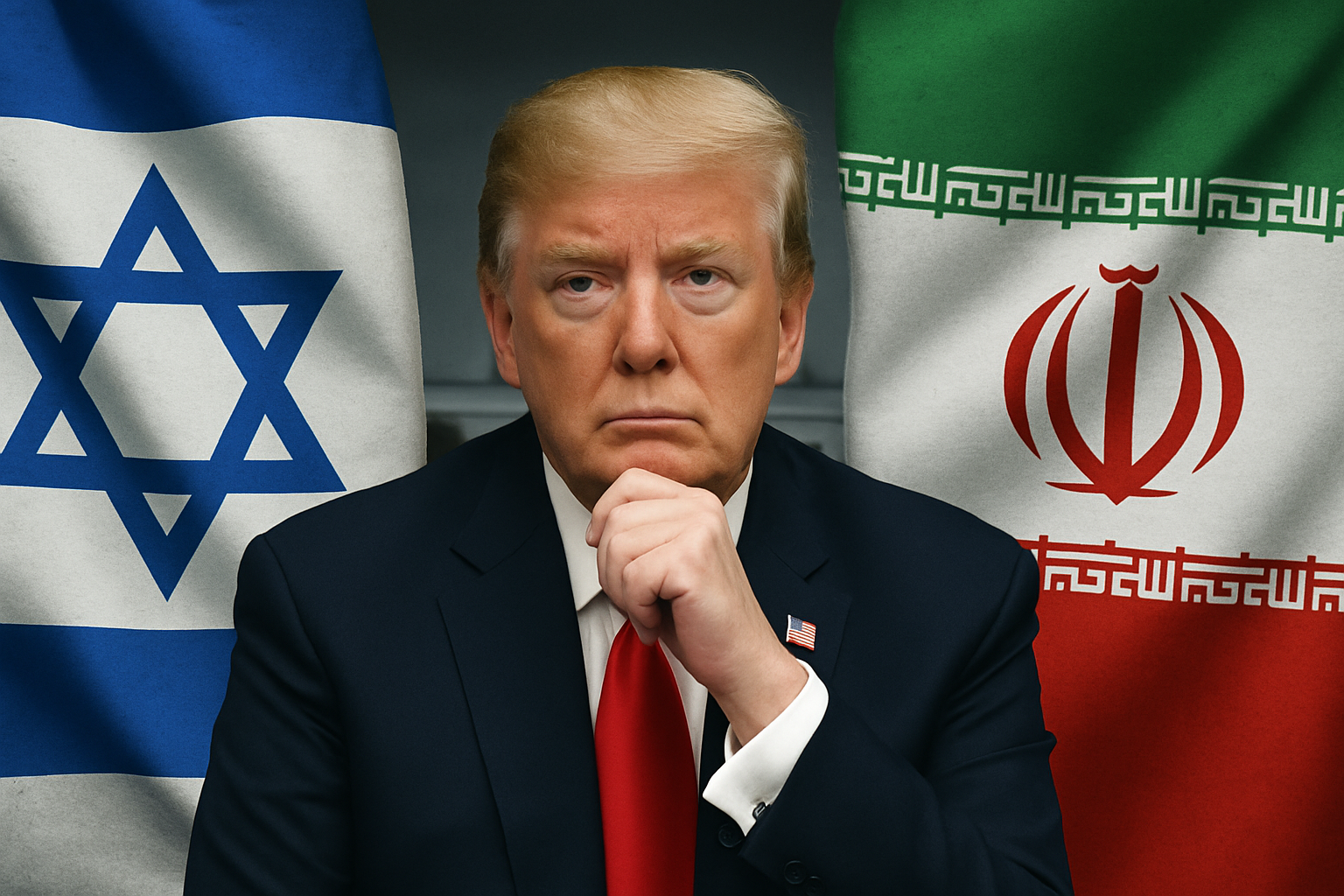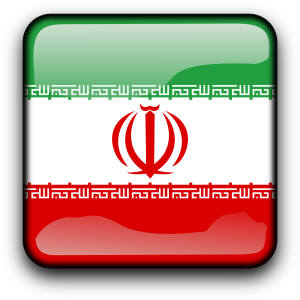Member of the Codex Alimentarius since 1968, Saudi Arabia has long been committed to improving global food safety standards. On November 27, during the 47th session of the Codex Alimentarius Commission (CODEX) in Geneva, Saudi Arabia was elected as vice-chair of the commission. This presents an opportunity to revisit the kingdom’s food security strategy with the director of the Saudi Food and Drug Authority (SFDA), Hisham bin Saad Aljadhey.
Interview conducted by Rohan Sant
What role does Saudi Arabia play in food security, and what are its priorities at the regional and international levels?
The SFDA plays a central role in overseeing food safety and promoting public health in Saudi Arabia by working closely with all stakeholders in the food supply chain. Its mission, vision, and 2023-2027 strategic plan outline a clear roadmap to strengthen its leadership in food safety and quality.
The SFDA relies on a regulatory framework based on scientific principles, contributing to the development of national food standards while actively engaging on the regional and international stages. It also conducts thorough risk assessments within the supply chain based on rigorous scientific data. Additionally, monitoring and control programs enable inspections and sampling at every stage of food production.
Raising awareness among manufacturers and consumers about best practices in food safety is also at the core of its initiatives.
At the regional level, we collaborate with organizations such as the Gulf Cooperation Council (GCC), the Arab Organization for Industrial Development, Standardization, and Mining (AIDSMO), and the Standards and Metrology Institute for Islamic Countries (SMIIC) to harmonize food regulations and standards. This cooperation facilitates trade and ensures the safety of food products for both human and animal consumption.
On the international level, we actively engage with organizations such as the Codex Alimentarius Commission (CODEX), the International Organization for Standardization (ISO), and the World Trade Organization (WTO).

What does Saudi Arabia’s vice-presidency of CODEX mean?
Saudi Arabia’s election as vice-chair of the Codex Alimentarius Commission is a significant international recognition of our commitment to global food safety. This strategic role allows us to increase our influence in shaping global food standards policies. It also strengthens international partnerships, enabling collaboration with other member countries to address shared challenges through innovative and inclusive solutions. Saudi Arabia aims to play a leading role within Codex by promoting global food safety through cooperation, innovation, and inclusivity. These efforts align with the United Nations’ Sustainable Development Goals (SDGs).
How do Codex standards impact Saudi Arabia’s trade, particularly in food imports and exports?
The globally recognized Codex Alimentarius standards serve as a reference for WTO agreements, facilitating fair trade. These standards ensure that exported products meet the requirements of importing countries, reducing trade barriers and protecting consumers. For Saudi Arabia, aligning with these standards enhances our ability to export food products that comply with international standards while ensuring the quality of imported food. This alignment simplifies regulatory processes and fosters trade, especially with countries that also follow Codex guidelines.
How do Codex standards contribute to public health initiatives in Saudi Arabia?
Saudi Arabia is at the forefront of public health initiatives, particularly in reducing industrially produced trans fats. We co-chair a CODEX working group focused on revising fat and oil standards to limit the industrial production of trans fats. Our efforts have earned recognition from the World Health Organization (WHO), ranking the kingdom among the top five countries that have successfully eliminated these harmful substances. These initiatives reflect our commitment to protecting the health of Saudi citizens while serving as a model for other nations. The elimination of trans fats is part of a broader strategy to improve food quality and reduce diet-related diseases.
What challenges does Saudi Arabia face in implementing international standards, and what opportunities arise from them?
Implementing international food safety standards presents challenges, including adapting industrial practices and consumer behaviors. Small businesses, in particular, may lack the resources to meet compliance requirements. However, these efforts also create significant opportunities. Adhering to international standards enhances Saudi products’ access to global markets, improves public health by reducing foodborne illnesses, and strengthens consumer confidence. Additionally, compliance with Codex standards attracts investors and encourages the adoption of cutting-edge technologies. A key initiative is the development and implementation of our own calorie labeling system (NUTRICAL), which raises consumer awareness of healthier eating habits through transparent labeling.
How do Codex standards protect consumers, and how are these protections communicated?
Codex standards, based on scientific data, ensure safe practices at every stage of the food supply chain, reducing health risks. They also build consumer confidence in the quality of products available in the market. To raise public awareness, we organize information campaigns and educational workshops. We also publish reports and accessible guidelines highlighting food safety measures adopted in compliance with Codex standards.
Does technology play a role in implementing Codex standards in Saudi Arabia?
Technology is a key driver for us. We strongly believe that tools such as artificial intelligence, blockchain, and data analytics enhance traceability and quality control throughout the supply chain. We have already digitized several processes, including inspections and report submissions. Additionally, we plan to integrate smart technologies into food production and storage to ensure optimal conditions. These advancements align with our strategic plan and our continuous commitment to food safety and product quality.
